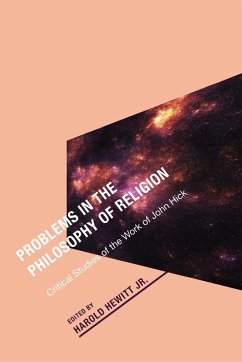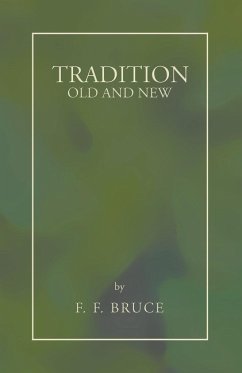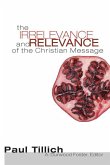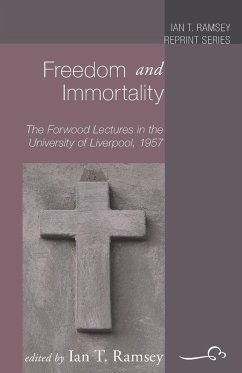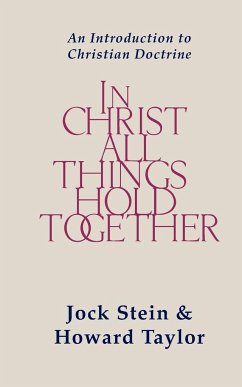Ultimately, I cannot accept the framework of experience demanded and presupposed by the orthodox ecclesiastical tradition. I think I must face this, with consequences I can't foretell. I have another tradition to which I am almost equally respectful--in some ways more so--the tradition of the human heart: novels, art, music, tragedy. I cannot allow that God can only be adored in spirit and in truth by the individual introverted upoon himself and detached from all that might disturb and solicit his heart. It must be possible to find and adore God in the complexity of human experience. --from the Introduction


